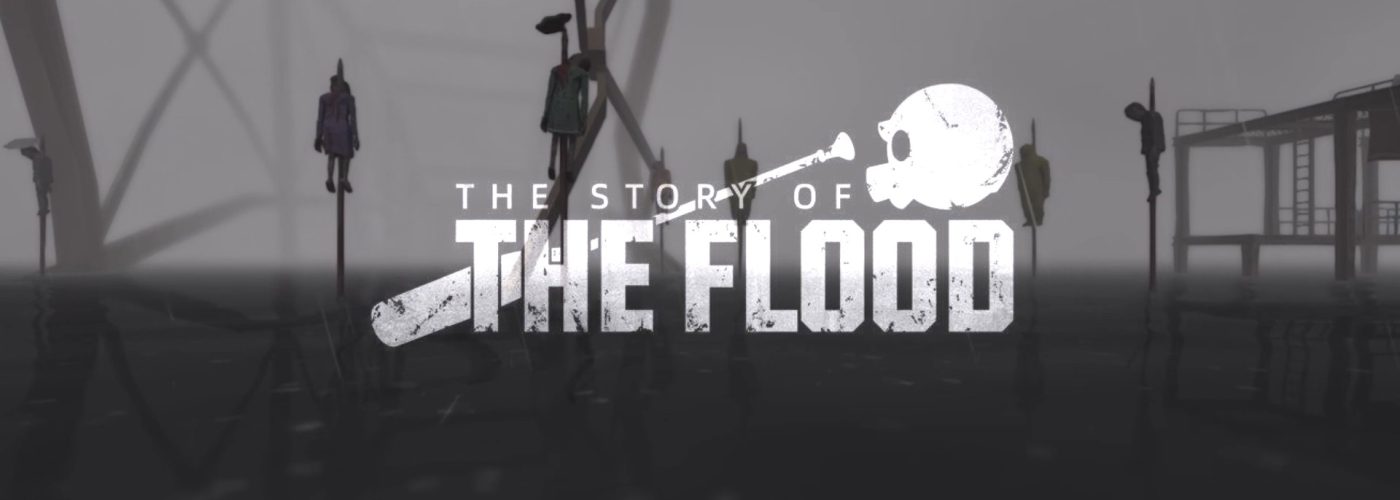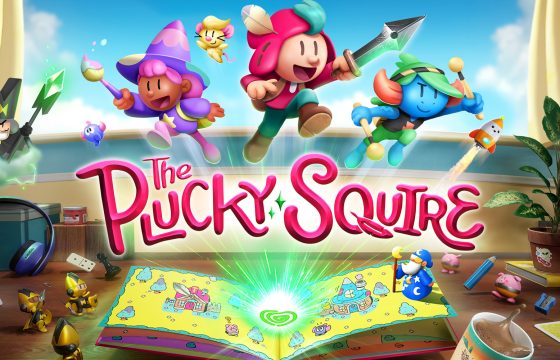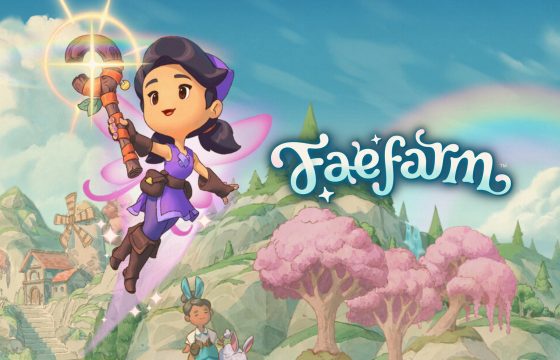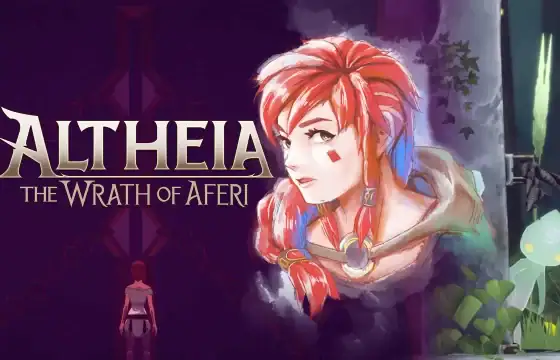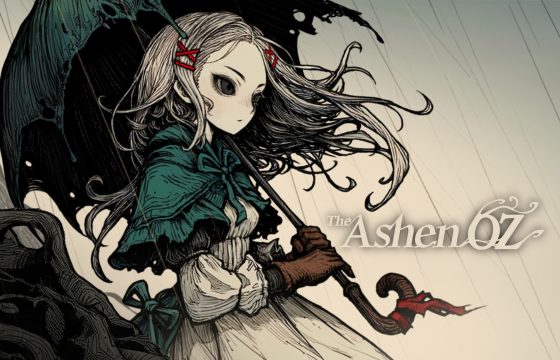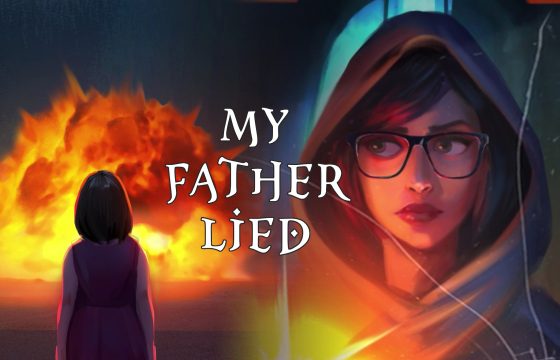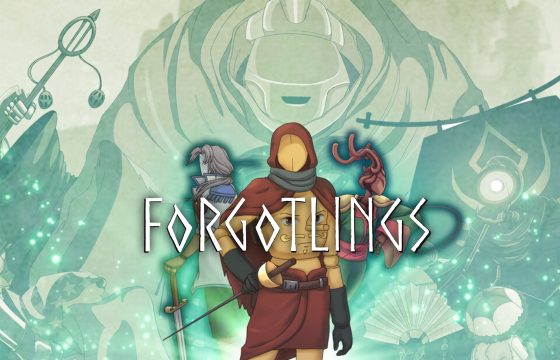The Story of the Flood challenges you to reach heaven on a boat

If you are alive today, chances are you are one of the kids who was warned not to attach yourself to moving vehicles when biking. I mean, sure, your grandpa did and he lived to be 120, but this little maneuver can risk you a limb or two.
Because, you see, you’re forcing a bike, a light vehicle without a lot of balance or shock absorbers to go at the same pace as whatever you’re attached to. And while this move will end up saving you a lot of stamina, it can backfire horribly.
This is usually my thought process every time a small indie game presents itself in a way very much reminiscent of some bigger title, like Everhood did with Undertale, and Atomicrops did with Plants versus Zombies.
Now, to cut my introduction short, Story of the Flood reminds me a hell of a lot of titles like Inside and Limbo, by Playdead, Little Nightmares by Tarsier Studio and even that, uhm, curious experience that was playing Sea of Solitude.
INTRODUCTION
Story of the Flood tells us one of the oldest shared stories in human memory: That Time We Made God Pull The Plug And Drown Everything. Now there’s sea everywhere and we can barely go by on our small boat.
During the gameplay we’ll be allowed to recover and discard a number of items from and into the water, including other survivors. To know what to take and what to leave, we must remember our boat can only hold five items. We may have to throw 500 kilograms of diamonds into the water just to make space for a single torch.
At the end of each run, the game will generate a short movie detailing our journey and a picture depicting the ending we achieved.
Pretty simple, all in all.
GAMEPLAY
First of all, the movement speed is on par with the speed of an old man in a Smart. The first playthroughs will take a lot of time, so hear my advice. If you are a hardcore gamer and don’t need my cringe indications, skip to the next paragraph.
I’d start with a solid accidental suicide, by not picking the torch when you run into it, or discarding it later. Then I’d follow up with some uhh, posadist speedrun, by picking up the nuke and detonating it with the code you find on the fifth page of the book. And to top it all off, I think going around without allies or a nuke should be enough to die at the hands of the cannivores (yeah it reads like that, don’t know what’s the deal with it).
Now that you died three horrible deaths, go in the options menu and turn on SPEEDUP to 5. Unless you are high on weed you’re gonna need that. Now you’ll soar through the waves with ease. The run time has just decreased from around 25 to around 5 minutes. Thank me later.
LEVEL DESIGN
The game is very much linear, the only consistent difference in each run being what items you pick up and which ones you don’t. The assets are pretty nice to look at, but it can feel like there’s too much of everything at times.
As I mentioned before, the games can last from 5 to 25 minutes, and to see the many different sceneries all go by in such a short span of time can feel a bit forced, although, as an allegory of, say, traveling all across the world, it works.
Sadly most ideas are used once and then never expanded upon. This happens with the lever mechanic in the snowy levels. We see this even earlier with the offscreen deal you get after a certain stage. But this really was to be expected in such a short game.
MULTIPLAYER
It sounds nuts, but the game actually supports player interaction, with their system of messages in bottles. In short, everytime you get an ending, good or otherwise, you can write a message for other players to read. They’ll eventually run into it in the form of a message in a bottle, and will be able to read it.
This is how I came to know Goldberg, who I’ve never met in my life, but have found many messages with his signature. No idea what they say, though, because they’re all written in chinese. By the way, the messages are tailored for the Chinese language, meaning they are pretty short, and I hope this will change, since the title is also available in many western languages who can’t really express themselves with so few characters.
CONCLUSION
First, I’ll address the obvious question. Does The Story of the Flood measure up with Inside, or Limbo? No, it doesn’t.
The title itself is very short and compact, and it lacks the overall cohesion of the two above. But, I think, it still tells a good story and the medium Zhang Fan employed lends itself well for the delivery. The flooded world is a desolate, immense place, where the player feels small and powerless, thus justifying its art style and gameplay.
If I had to also give criticism, the game is not really ready for foreign release. I couldn’t find any guide in English anywhere and most of the content related to it is in Chinese. If the game picks up some speed I’ll gladly do my part and write an article about every ending and how to get them, but for now, I’m barely halfway through.
Also there’s a couple bugs here and there, the most prominent being in the first screen, when the mailbox keeps opening as you try to interact with the books half a screen to the right. I hope these will also see a fix in future updates.
I think, for its price, the game lives up to its expectations. If you liked the games I mentioned before (Inside, Limbo, Little Nightmares), this can give you a nice whiff of nostalgia for the mystique that permeated them. The story behind the game is also interesting and reminiscent of a fairytale or a myth, due to the formulaic structure it follows. If you buy it let me know in the comments, so you can help me figure out which achievements I’m missing.

